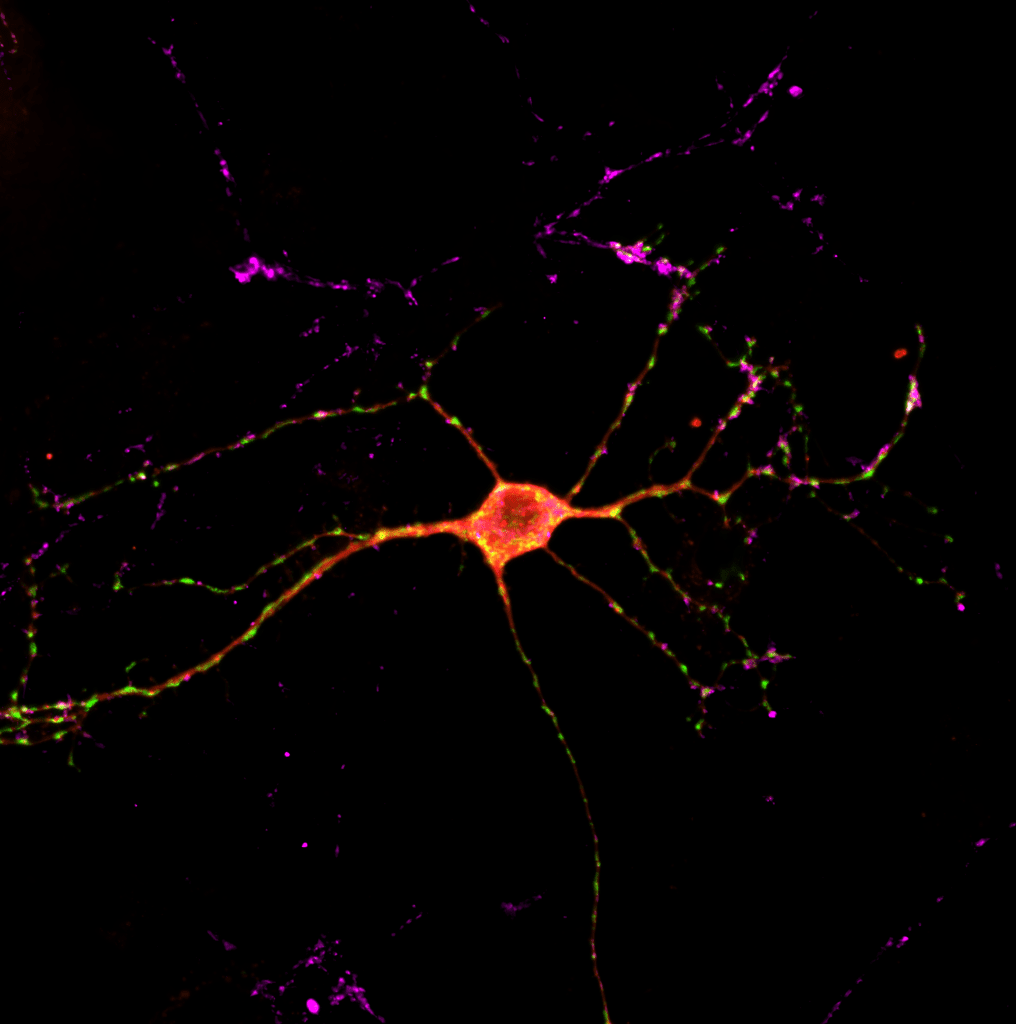Apply here: https://mcgill.wd3.myworkdayjobs.com/en-US/McGill_Careers/job/Douglas-Hosp-Burland/Assistant-Associate-Professor–Research–in-Computational-Genomics–Department-of-Psychiatry—C2-230921-_JR0000064367
Position Description
The McGill University Departments of Psychiatry in collaboration with the Douglas Research Centre (DRC) in the Faculty of Medicine and Health Sciences is inviting applications for a full-time Contract Academic Staff position in computational genomics “omics” (i.e., genomics, epigenomics, and/or proteomics). This is a three year, renewable appointment at the rank of Assistant or Associate Professor (Research) based at the Douglas Research Centre. The professorial rank will be determined according to the candidate’s qualifications and experience. This will be a Contract Academic Staff position and does not confer eligibility for tenure. The role includes establishing an independent research program and supervising students.
The McGill University Department of Psychiatry (https://www.mcgill.ca/psychiatry/) has a rich history of scientific innovation with sustained expertise in psychotherapy, substance abuse research, psychoneuroendocrinology, psychoimmunology, genetics, epigenetics, advanced brain imaging, and now single-cell neurobiology. It remains a global leader in integrating cutting-edge science with clinical practice to train future psychiatric researchers and clinicians.
With over 55 researchers spanning a full range of mental health research (i.e., neuroscience, clinical services, policy, and epidemiology/population health), the Douglas Research Centre (DRC) has been an international leader in mental health research for more than 40 years. The DRC has been at the forefront of pioneering innovative methods in the field of psychiatry, including single-cell neurobiology and is an integral member of the SCGBI research program focused on using single-cell approaches to gain insights into the brain and its related disorders. Together, with the recently acquired resources and the strong ties between the DRC, the Montreal Neurological Institute (The Neuro) and The Lady Davis Institute for Medical Research (LDI), this program is poised to maintain McGill’s global leadership in Neuroscience.
McGill is one of Canada’s leading research-intensive universities, with students from over 140 countries. The university is located in Montreal, a cosmopolitan city with great cultural and linguistic diversity. It has long been considered a leader in neuroscience and a strong innovator in methods that support a wide spectrum of basic and clinical research endeavours. The university’s strong training programs in Biological and Biomedical Engineering, Psychiatry, and Quantitative Life Sciences as well as the Integrated Program in Neuroscience favour the development of strong multidisciplinary research teams.
Job Duties
The successful candidate has a keen research interest in computational single-cell neurobiology; they possess expertise in bioinformatics, computer science, computational genomics, programming and/or mathematics. Scientists focusing on computational integration of large-scale functional and comparative multi-omic datasets, tool development and AI approaches are especially encouraged to apply. The successful candidate will be expected to contribute to the advancement of the recently funded Ludmer Centre’s Single-Cell Genomics Brain Initiative (SCGBI):
https://www.mcgill.ca/ludmercentre/our-research/scgbi)
The role includes establishing an independent research program, supervising students, contributing to formal classroom teaching at McGill, and the possibility of obtaining memberships in additional departments (if applicable). The successful candidate will also be expected to conduct rigorous cutting-edge research, therefore augmenting the existing efforts of the Douglas Research Center. The incumbent will develop a fundamental, disease-relevant research program in their own areas of expertise, aligned with the strategic priorities of the Research Centre and the McGill University Department of Psychiatry.
The successful candidate will be expected to independently acquire funds to support the training of graduate students at the M.Sc. and Ph.D. level. The incumbent will also be expected to disseminate research findings through peer-reviewed publications and other knowledge translation and exchange activities, participate and be actively involved in all aspects of the Research Centre and McGill’s academic mission, and demonstrate a strong commitment to equity, diversity and inclusion in all areas (i.e., research, teaching, supervision of students and residents, and involvement in academic and administrative committees).
McGill faculty members are expected to contribute to service activities within their units, the University, and the wider scholarly community. A demonstrated commitment to equity, diversity, and inclusion is also expected.
Qualifications and Education Requirements
Candidates must:
- Have a PhD in Computational genomics, Computer Science, Applied Mathematics or a related field;
- Demonstrate excellent research productivity and the ability to attract competitive funding;
- Have proven potential in advancing the field of Computational genomics and/or neuroscience;
- Demonstrate a commitment to, and in accordance with the circumstances, a track record in equity, diversity, and inclusion (EDI);
- Fluency in English is essential; a working knowledge of French, or a commitment to acquiring it within few years of appointment is preferred.
Note: For more information about the eligibility for promotion and reappointment, please consult the following link: https://www.mcgill.ca/apo/academic-life-cycle/contract-academic-staff-cas/ranked-cas
Faculty/Department/Unit: Faculty of Medicine and Health Sciences, Department of Psychiatry
Employee Type: Contract Academic Staff (‘Academic Contractual’)
Rank: Assistant or Associate Professor
Salary: The salary will be commensurate to the qualifications and experience
Job Status: Full-time
Posting Period: Applications must be received within 30 days of posting
The following supporting documents are required:
- Cover letter and curriculum vitae;
- Statement of research interests and goals;
- Statement of teaching philosophy;
- Names and contact information of three referees.
Use a personal email address when creating an account in Workday to submit your application. Do not use @mail.mcgill.ca or @mcgill.ca email accounts to apply.
McGill University is an English-language university where most teaching and research activities are conducted in the English language, thereby requiring English communication both verbally and in writing.
McGill University is committed to equity and diversity within its community and values academic rigour and excellence. We welcome and encourage applications from racialized persons/visible minorities, women, Indigenous persons, persons with disabilities, ethnic minorities, and persons of minority sexual orientations and gender identities, as well as from all qualified candidates with the skills and knowledge to engage productively with diverse communities.
At McGill, research that reflects diverse intellectual traditions, methodologies, and modes of dissemination and translation is valued and encouraged. Candidates are invited to demonstrate their research impact both within and across academic disciplines and in other sectors, such as government, communities, or industry.
McGill further recognizes and fairly considers the impact of leaves (e.g., family care or health-related) that may contribute to career interruptions or slowdowns. Candidates are encouraged to signal any leave that affected productivity, or that may have had an effect on their career path. This information will be considered to ensure the equitable assessment of the candidate’s record.
McGill implements an employment equity program and encourages members of designated equity groups to self-identify. It further seeks to ensure the equitable treatment and full inclusion of persons with disabilities by striving for the implementation of universal design principles transversally, across all facets of the University community, and through accommodation policies and procedures. Persons with disabilities who anticipate needing accommodations for any part of the application process may contact, in confidence, accessibilityrequest.hr@mcgill.ca.
All qualified applicants are encouraged to apply; however, in accordance with Canadian immigration requirements, Canadians and permanent residents will be given priority.










